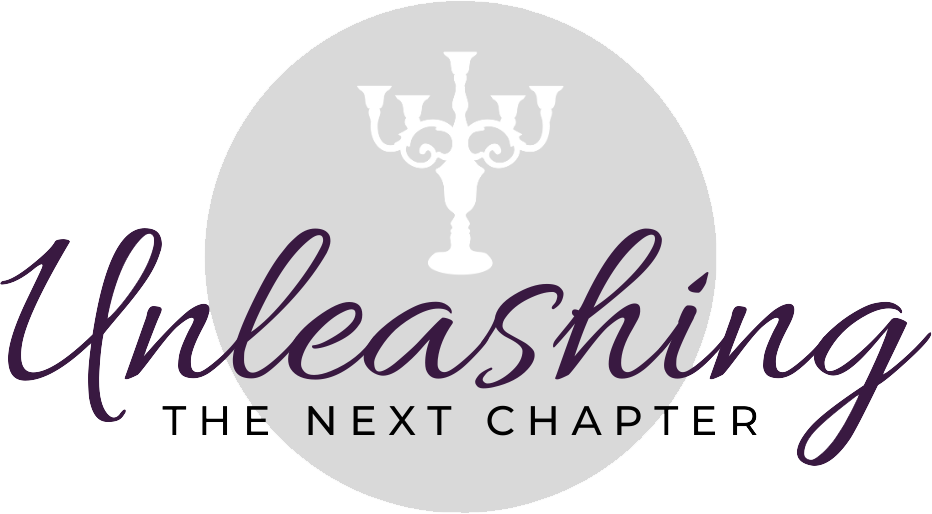Mental illness is getting a lot of press time due to the tragic shootings and high-profile suicides lately. This tends to be a delicate topic since so little is known or understood about the many forms of mental illness. Our society has, until very recently, avoided talking about or dealing with this issue.
The Southern Baptist Convention is meeting in Houston this week, and I’m sure it will get negative press about something, but hopefully it will also get positive press for opening a dialog regarding how Baptist churches address those with mental illnesses. (Read the details in the Baptist Press.) If you look at the numbers, the Southern Baptist Convention is the largest protestant denomination in the US with about 16 million members, and mental illness affects 26% of the American population, over 57 million people, so this conversation is going to impact a multitude of families.
To get the ball rolling, let me share a little about my family’s experience with mental illness, and some things we have learned in the process:
My son was diagnosed with a mental illness his freshman year in high school. Prior to that, we had no experience with any type of mental illness. We have no family history of mental illness, nor did we have any friends (that we knew of) who dealt with this situation. I am not one to shy away from the hard conversations, so I talked about this with friends, family, and professionals, read everything I could find on the subject, and asked my church family for prayer. Imagine my shock to find many of my friends were dealing with some form of mental illness or had a loved one dealing with it. I couldn’t believe no one had said anything sooner. Among my students, at least two or three in each class came to me saying either they or a member of their immediate family suffered from a mental illness. That was my first inkling as to its prevalence.
We were very fortunate that our church family was supportive and encouraging, but unfortunately very few had anything useful or helpful to say or do. (Please keep in mind that every Baptist church is autonomous, and although they all agree on basic principles and beliefs, in practice they are often as different as the people in each congregation. Additionally, churches are made up of humans, who will all do rude or stupid things on occasion.) Our pastor and senior deacons were sympathetic and willing to listen to us and pray for us, but had little experience to share. Our son was loved and accepted by a few close friends, but as his symptoms became more obvious, many avoided him because he seemed odd. Adults seemed more understanding and accepting. Those few who were living with the same diagnoses as we were–I say “we” because when a member of your immediate family suffers with mental illness, everyone in the family suffers–hugged us, let us cry and talk, and shared their experiences. It was helpful to know we weren’t alone.
Then there were those who I am sure wanted to be helpful but just weren’t. Like the two different people, when learning our son was struggling with a mental illness said something to the effect of…”Oh, yeah, I know all about that. My (insert distant relative) had that too. Yeah, she committed suicide.” What?!? Really!?! That is what you want to open the conversation with? Totally not helpful! Or the youth minister who believed all psychologists/psychiatrists are quacks, that we should discipline our son better, and then refused to go visit him while he was hospitalized. None of that was helpful either, and thankfully, that man is no longer at our church and is no longer in the ministry.
We also learned that like any other medical specialty, there are good psychiatrists (medical doctors who manage medications) and psychologists (PhD’s who do more of the diagnostic work and teach coping skills), and even more bad psychiatrists and psychologists. We had one who tried to convince our son that our Christian beliefs were part of his hallucinations and that he needed to deal with Jesus like grown-ups deal with Santa Claus and the Tooth Fairy. We also learned that there is huge a difference between secular counselors, Bible-based counselors, and Christian counselors. Secular counselors may or may not be supportive of one’s religious faith or beliefs, and focus completely on medical and human issues; Bible-based counselors tend to be more black and white and focus on the actions or sins in one’s life rather than the causes; and Christian counselors tend to be more holistic and consider the medical, psychological, and religious implications, and use various techniques as long as they line up with biblical precepts. That is a simplistic explanation of the differences, but it’s a good starting place.
If you want to learn more about mental illnesses and how to minister to families (Christian or not) who are living with mental illnesses, I strongly recommend you read Grace for the Afflicted, by Matthew S. Stanford, PhD. In this book, Dr. Stanford writes for the layperson, gives a basic overview of the different classes of mental illnesses, shares real world experiences of those living with each diagnosis, shows biblical examples of each illness, and gives practical suggestions on how to minister to the individual or family members living with that diagnosis. It is not only practical, but compassionate.
I hope you realize that even if you don’t know it, someone you know or love is dealing with mental illness (remember, one-in-four Americans). Please open your heart and mind to that possibility, imagine yourself in their shoes, and educate yourself as to what is helpful versus what is hurtful. In all your dealings with those suffering mental illness, I pray you will keep Jesus’ words in the forefront of your mind: “Love your neighbor as yourself” (Matthew 22:39b NIV), and “Do to others as you would have them do to you” (Luke 6:31 NIV).




Leave A Comment